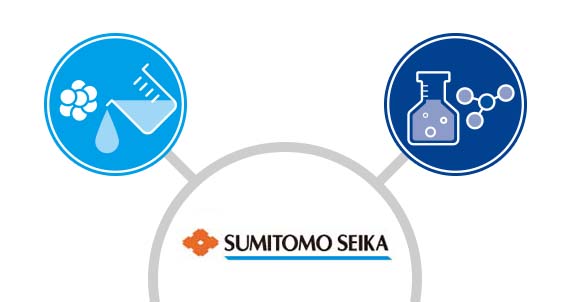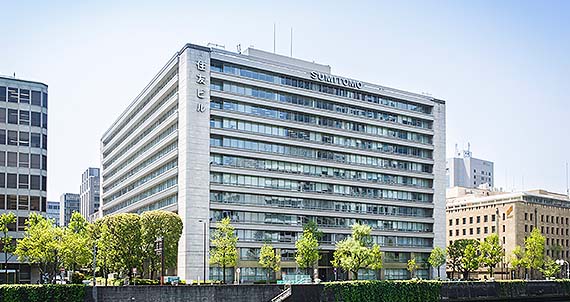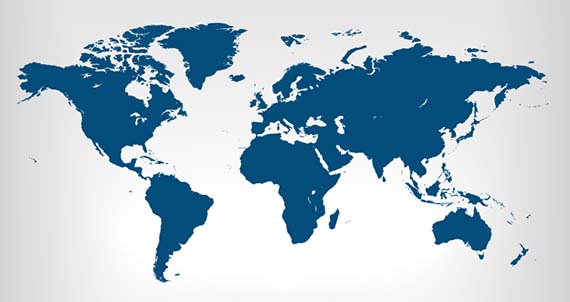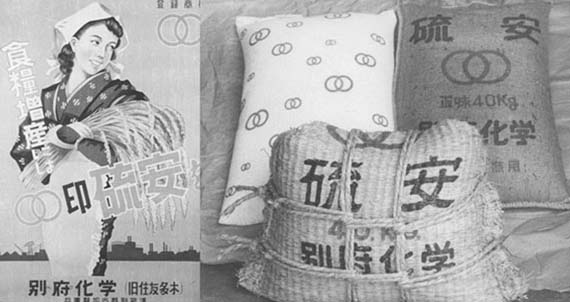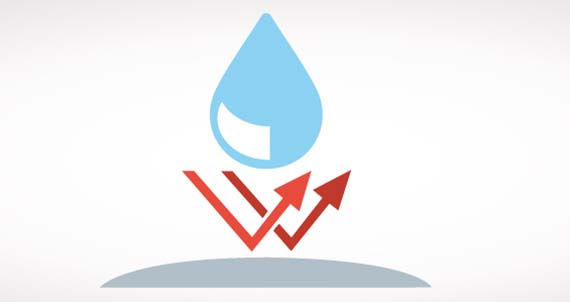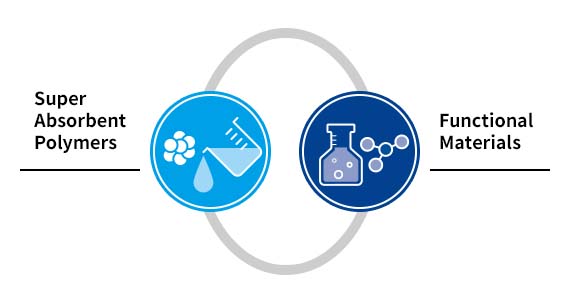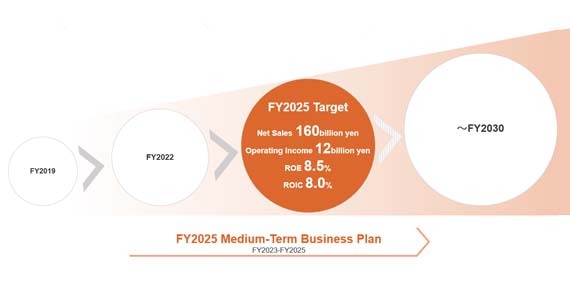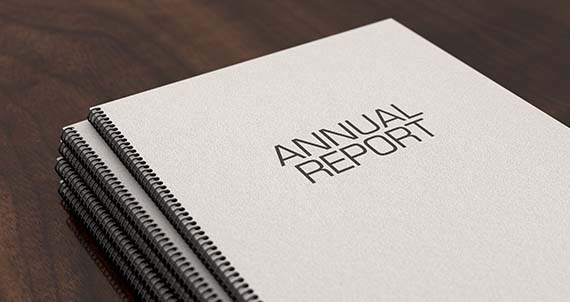Respect for Human Rights
As a group, we have positioned respect for human rights as one of the foundations of our business continuity. All executives and other employees have worked to respect the human rights of everyone involved in our business activities, in line with the guiding principles of the Sumitomo Seika Group Charter for Business Conduct. To further clarify our responsibility to respect human rights, and to promote greater efforts in this area, we formulated the Sumitomo Seika Group Human Rights Policy in March 2024, with reference to the UN’s International Bill of Human Rights (formed of its Universal Declaration of Human Rights and International Covenants on Human Rights), the ILO Declaration on Fundamental Principles and Rights at Work, the ten principles of the UN Global Compact, and the UN’s Guiding Principles on Business and Human Rights. In accordance with the policy, we endeavor toward business activities and to create workplaces that respect human rights, and should there be any cause to suspect a breach, we will strive to remedy it.
Human Rights Policy
Sumitomo Seika Group hereby adopts its Human Rights Policy (“the Policy”) based on the United Nations Guiding Principles on Business and Human Rights with the aim of fulfilling the Group’s responsibility to respect the human rights of every stakeholder who is affected by the Group’s business activities.
- Basic Principles
We will support and respect human rights as declared internationally in the Universal Declaration of Human Rights, the International Labour Organization (ILO) Declaration on Fundamental Principles and Rights at Work, etc. With Sumitomo Seika Chemicals Company, Ltd. becoming a signatory to the United Nations Global Compact, every company of Sumitomo Seika Group will support and respect its Ten Principles, which include human rights and labor. - Scope for Application
The Policy applies to every executive officer and employee of all Sumitomo Seika Group companies, including non-regular employees. In addition, we will continually ask our business partners, including those across our supply chain, to collaborate with us in respecting human rights through acting in conformity with the Policy. - Human Rights Due Diligence
We will identify adverse impacts caused on human rights in our business activities and seek to prevent or mitigate such impacts through implementing human rights due diligence based on the United Nations Guiding Principles on Business and Human Rights. - Correction and Access to Remedy
We will have grievance & complaint mechanisms in place in order to respond to concerns about adverse impacts on human rights. Should it become evident that Sumitomo Seika Group’s business activities have caused adverse impacts on human rights or contributed to such impacts, we will strive to take corrective action and provide remedy for the impacts through appropriate procedures. - Disclosure
We will report on our initiatives toward respecting human rights on the website of Sumitomo Seika Chemicals Company, Ltd. or through its Integrated Reports and other avenues
Date of enactment March 28, 2024
Promotion Framework
To promote efforts toward respect for human rights in our business activities, we have established the Human Rights Promotion Meeting, with a membership comprising representatives from different departments and group companies, under the control of the president-chaired Sustainability Committee. The meeting’s members follow action guidelines related to respect for human rights set by the Sustainability Committee, and investigates and implements necessary measures. It then reports back on these to the committee. The Board of Directors also oversees human rights initiatives by the Sustainability Committee and the Human Rights Promotion Meeting.

Main Initiatives
In fiscal 2023, we conducted a survey of the people in charge of each organization in our group, referring to the government's “Guidelines on Respect for Human Rights in Responsible Supply Chains”, to investigate potential human rights risks in each workplace. In a survey of our suppliers, we confirmed that the 3TG* contained in the raw materials used did not originate from conflict areas, and that the raw pulp was not produced using forced labor. Furthermore, we also conduct CSR surveys using EcoVadis (P44). In fiscal 2024, we will establish implementation processes of human rights due diligence, identify and evaluate negative impacts, and work to prevent and reduce negative impacts. We will explain and disclose the results of our initiatives and promote dialogue with stakeholders.
- 3TG: Four minerals of tin, tantalum, tungsten, and gold; there are concerns that some of these metals may be a source of funding for armed groups, exacerbating to human rights violations and conflict.
Overall picture of respect for human rights initiatives
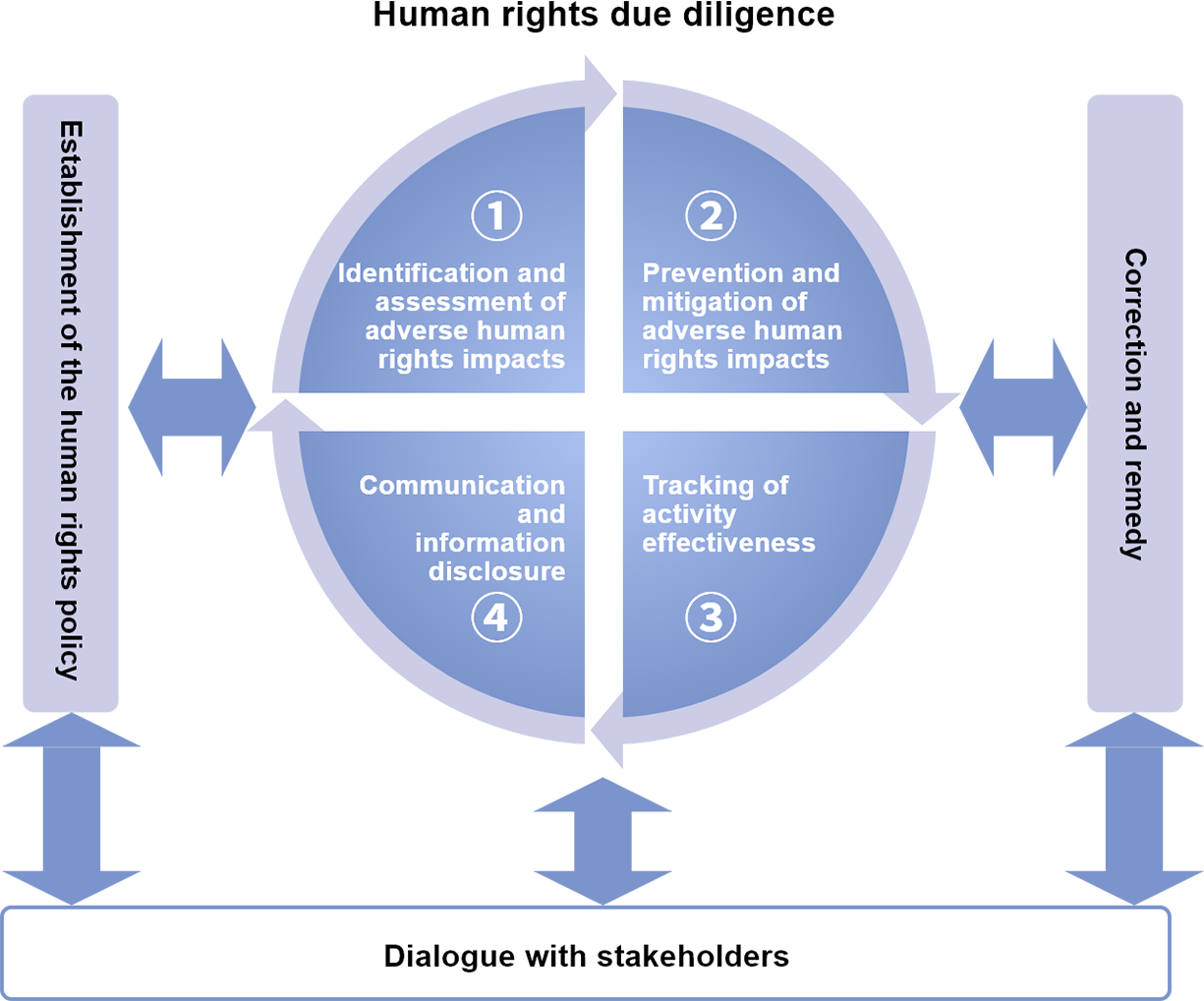
Matters That Should Be Addressed to Prevent Human Rights Violations and Their Negative Impacts
| Topics | Matters to be Addressed |
|---|---|
| Disclosure |
|
| Supply chains |
|
| Employment and labor-management relationships |
|
| Environment |
|
| Bribery and demand for bribes |
|



